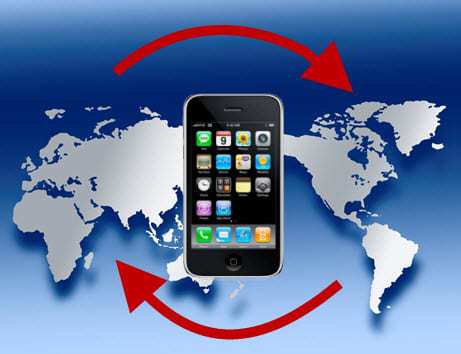
As tech industry giants such as Apple, Google, and Facebook overhaul the way we think of communication and personal computing, the three leaders have been pushing the most significant change, growth, and destruction that has ever been seen in technology in such a short span of time.
These companies have been creating exponential growth in the industry, but at the same time, they have left a path of destruction behind them. For example, while Apple’s mobile revenue growth skyrocketed from nothing to $70 billion within a period of only four years, and while Android was shot to the front of the smartphone OS race by Google, Nokia – the former leader of the mobile device world – has lost its top position and its sales plummeted by 13 percent last year.
Similarly, Palm is nonexistent and the sales of Windows Mobile from Microsoft are so small that the company didn’t even bother to include it into their most recent quarterly release.
Though Steve Ballmer did once say that by 2012 would mean that Windows Phone would achieve a 40 percent market share, more recently, he said that “In a year, we’ve gone from very small to … very small.”
By the time Windows Phone 7 devices starts to be shipped by Nokia, it will become more evident how Microsoft will be capable of managing its spot in third place.
It is important to understand the types of strategies involved in the combination among mobile, cloud, and social. Android, for example, has practically been given away, both in terms of its apps and its operating system. This is because opens Google to the protection of its advertising and business model, as well as its mobile devices.
